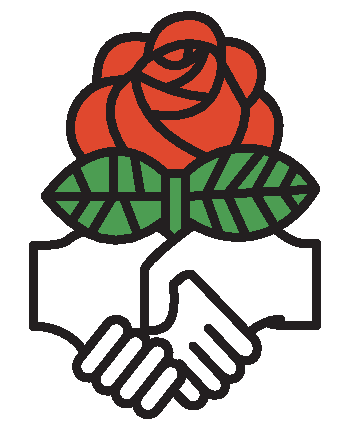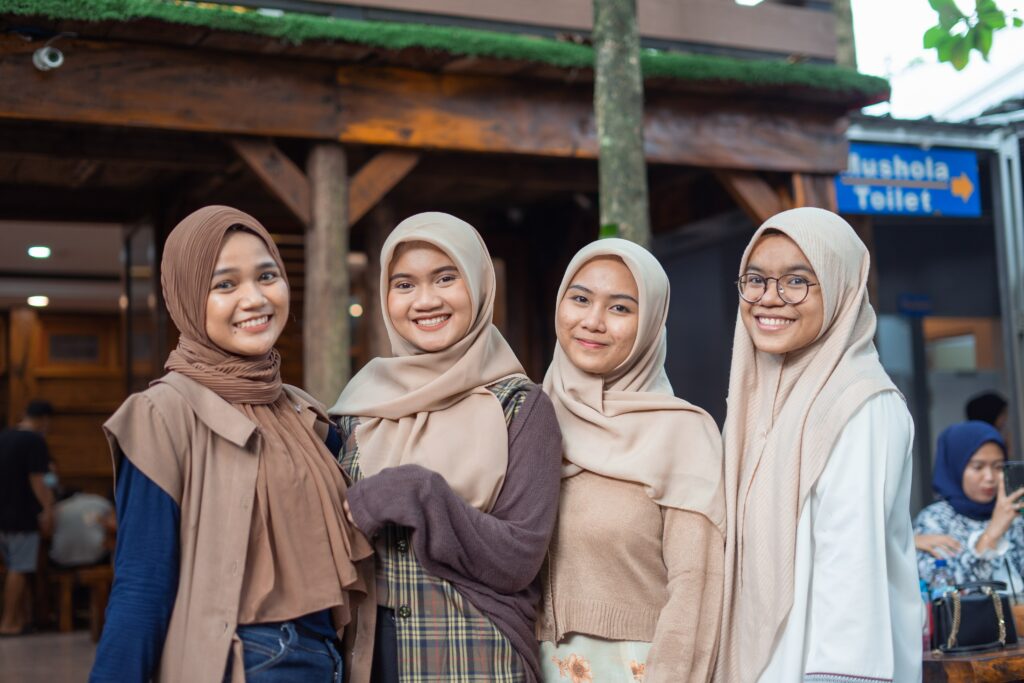Arab Women and the Road to Democracy
Athens, Greece, 28 and 29 June 2011
Resolution
Over the years there have been plenty of references stressing the need to overcome the lack of democracy in the Arab world, but no attention was paid to these clear warning signs. This was not just a lack of attention in the Arab world, the international community also kept silent and put stability before human rights. Despite the many voices that indicated that the time had come to implement democracies, many regimes in the Arab world chose not to listen to the rumblings of discontent, some of them even reacted with violent repression.
It was clear from the onset that all the uprisings in the region share a common denominator: the refusal of the people to continue living under brutal dictatorships, the demand for democracy and the end of corruption, nepotism and concentration of wealth in the hands of the few.
From the first protests in Tunisia, women have played a central role in promoting the Arab Spring. From Tunisia to Egypt, from Libya to Yemen and from Bahrain to Syria women from different backgrounds and generations participated as organisers and bloggers, delivering speeches and treating the injured, demonstrating for the release of family members and publicly celebrating International Women’s Day on 8 March. They put themselves in danger and did not escape the human cost of this uprising. As a result of their active participation in the protests, women were allegedly beaten, harassed, tortured and raped.
The protests are about regime change, not about gender, but supporting democracy must mean supporting women’s rights. As the protests continued and demands were made for new institutions women were again left out; equal representation of both genders during the demonstrations of the revolution is not reflected in the transition processes such as in new decision-making bodies, new legislative proposals and new political parties. For example, women are not represented in the commission, which has to revise the Egyptian constitution in preparation of the September elections and only one woman was appointed to the interim government. On the other hand the commission reforming Tunisia’s electoral landscape for the October elections has decided that women and men should equally be represented among candidates on electoral lists.
Arab women have a different emancipation background, are at different stages of emancipation and subsequently have different demands. It is important to stress that ‘Arab Women’ is not a term and should not be used to stereotype all the women from the region. Instead, the difference in cultures, states and historical backgrounds should all be taken into account when developing and implementing policies for women living in the Arab countries. For instance women from Tunisia and women from Saudi Arabia are faced with different problems. Women in Tunisia have had human rights implemented for the past two generations while women in Saudi Arabia have very few human rights. It is equally important for the international community to understand that democracy in the Arab world can sometimes be perceived as imposed modernisation and this can cause social unrest. Democracy cannot simply be ‘planted’, it can only grow when people cultivate it in the right conditions. Therefore, a new policy towards the Middle East and the Mediterranean needs to be implemented, a global policy that supplies the favourable conditions for and supports, rather than imposes, the process of democratisation.
The international community should no longer defend stability for stability’s sake, but seek to understand the social, economic and cultural environment while at the same time fostering the promotion and protection of fundamental human rights.
Women have an important role to play in taking new initiatives to the broader Middle East, initiatives designed to build and strengthen democracy, to promote and protect human rights and, to transform the culture of violence into a culture of peace and coexistence.
For over 100 years, the Socialist International Women has been fighting for women’s rights and has stood up for women all around the world. The Socialist International Women has also strived to implement women’s international humanitarian rules and has worked to achieve democracy – a gender balanced democracy.
The Socialist International Women therefore urges all sides involved, in particular governments lead by socialist and social democratic parties and all member parties of the Socialist International to:
Support the fight of Arab women for democracy through peaceful means and their right to be equally part of the democratic transition processes;
Increase the awareness of women in all Arab countries of their right to equal participation in politics and more in general of the role they have to play in all spheres of life and at all levels of decision-making;
Support and help progressive Arab women to organise nationally and regionally and encourage the building of true democracies committed to promoting the empowerment of women in all spheres of life and free from all forms of discrimination which goes hand in hand with the socio-economic development of these countries;
Urge the Arab countries to free all women who were arrested and are currently in prison because of their political beliefs and/or because of their participation in the activities of the Arab Spring;
Build bridges with women’s organisations in and within the Arab world in response to a potential political backlash;
Support all social and political forces that are demanding a secular state, and encourage the creation of new rules and institutions, preserve religious diversity and respect religious minorities;
Design policies for security and
Support an open dialogue that takes into account the views of all members of society with the aim to assist the democratisation process.
Finally the Socialist International Women appeals to women’s organisations as well as Human Rights organisations worldwide to join forces and to speak out for their sisters everywhere.

